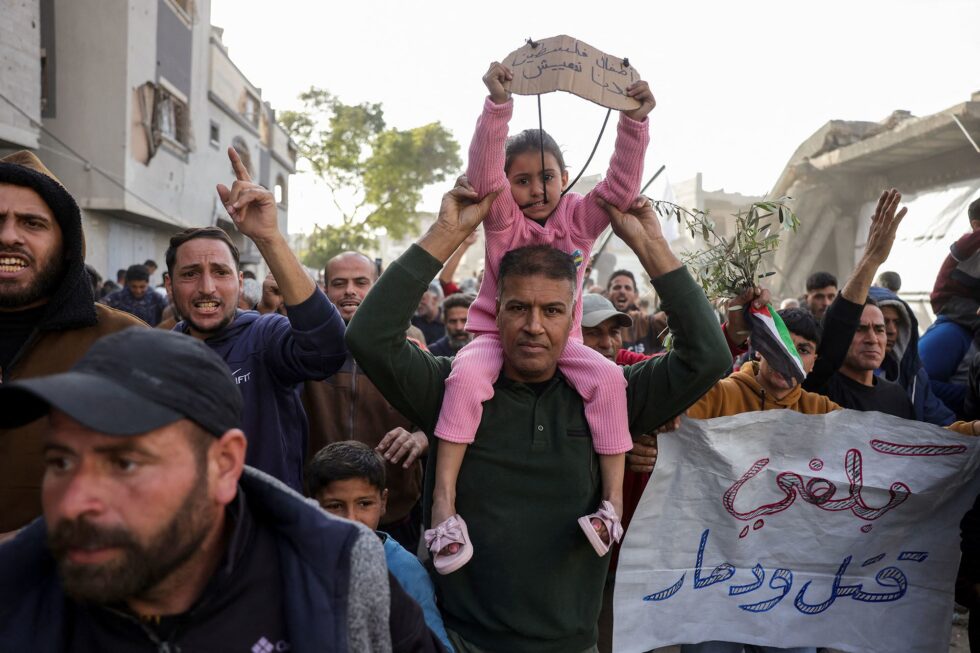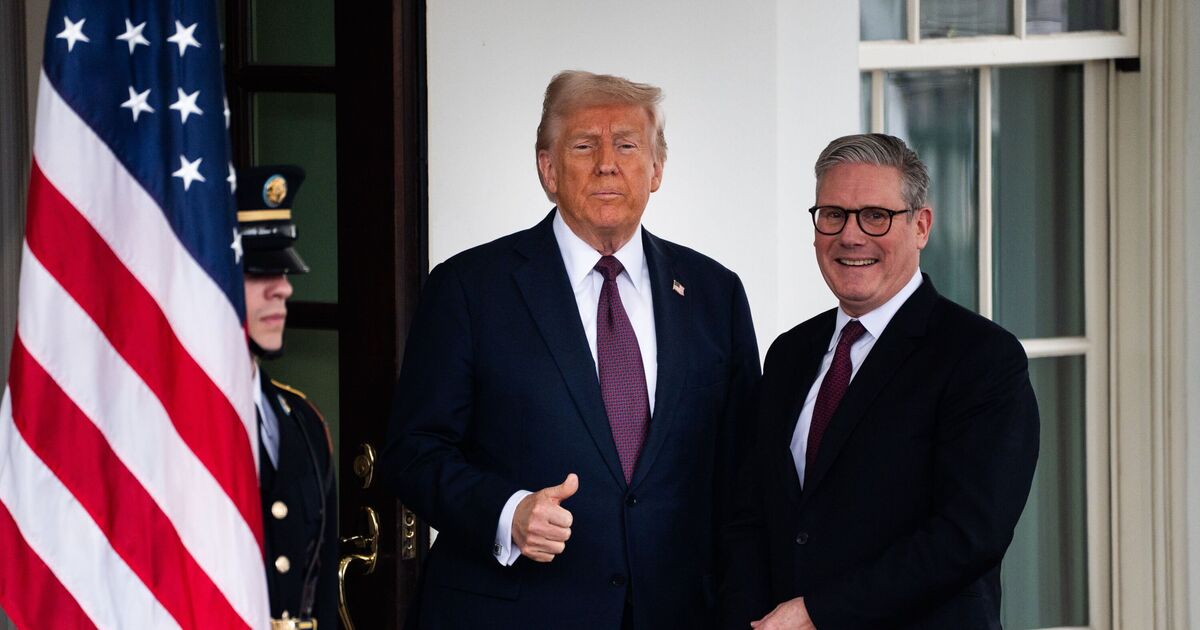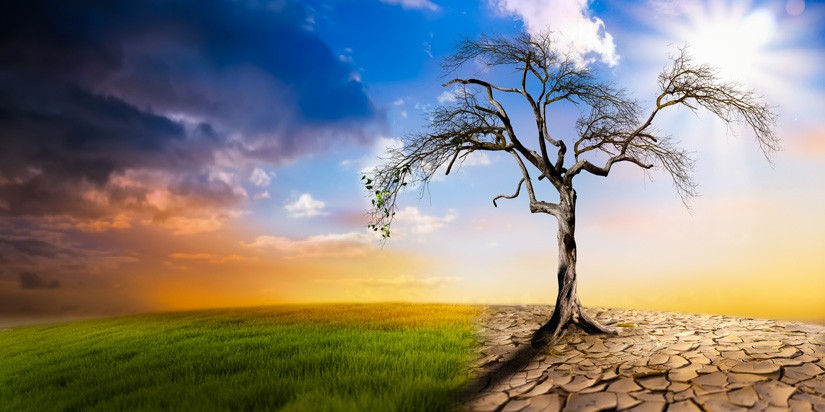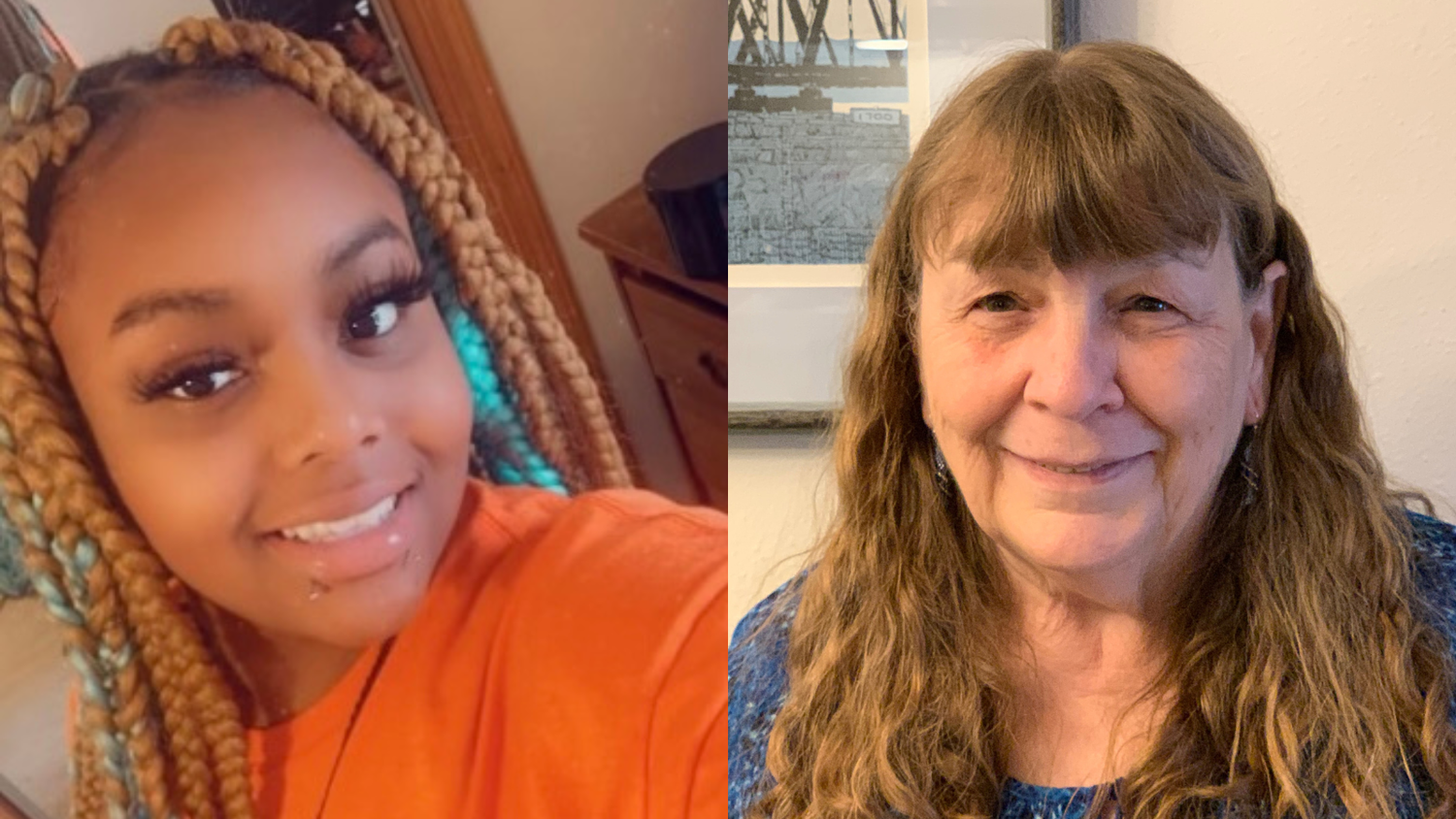
Belal Abu Zaid, a Palestinian from northern Gaza, took to the streets alongside hundreds of others on Tuesday to protest against Israel’s war and the Palestinian militant group Hamas – both of which he blames for bringing destruction to the enclave.
Israel, he says, is primarily to blame for Gaza’s misery, but Hamas – which controls Gaza – also carries responsibility.
“We are oppressed by the occupation army (Israel) and we are oppressed by Hamas,” Abu Zaid told CNN. “Hamas launched the October 7 operation, and today we are paying the price,” he said, referring to the militant group’s 2023 attacks on Israel that led to the war.
Palestinians demonstrated against Hamas in Beit Lahia, northern Gaza, on Tuesday, in what appeared to be the largest protest against the militant group since the October 7 attacks. A second day of protests took place Wednesday, with demonstrations in both Beit Lahia and Deir al-Balah, in central Gaza.
Video of Tuesday’s protest in Beit Lahia showed large crowds, estimated to be hundreds of people by a CNN journalist on the ground, marching through the streets, chanting: “For god’s sake, Hamas out,” “Hamas terrorists” and “We want an end to the war.” Similar language was used at Wednesday’s protest in Deir al-Balah, with signs bearing messages like “We Want to Live,” and “Stop the Genocide.”
Participants at Wednesday’s events told CNN they blamed both Israel and Hamas for the devastation to the enclave.
“Our message is to the Israeli army to stop the bloodshed and the war that has drained our energy and caused us to lose all our loved ones and friends,” said Mahmoud Haj Ahmad, a surgeon at Kamal Adwan Hospital who attended the Beit Lahia protest. “Our final message is to Hamas: Enough is enough. You have ruled long enough; give others a chance, and let others come.”
Another protester in Beit Lahia, lawyer Mohammed Attalah, said, “Our message to the free world is that we are living in oppressive conditions and forced displacement.”
“Our demand is that Hamas does not represent the Palestinian people. This chaos that they have created is enough.”
More than 1,200 people were killed in the October 7 attacks on Israel and 251 taken hostage, according to Israeli authorities. Israel’s subsequent war on Hamas in Gaza has so far killed more than 50,000 Palestinians, according to the health ministry there, flattened large swathes of the territory and spurred a devastating humanitarian crisis.
The death toll in the enclave has surged in recent days following the collapse of a two-month ceasefire, with Israel relaunching its ground operation in Gaza and pledging to intensify its operations. The crisis has been compounded by Israel’s decision to halt all aid from entering the enclave.
UN spokesperson Stéphane Dujarric said on Wednesday that 90% of Gaza’s population of 2.1 million had been displaced between October 7, 2023, and January 2025.
Many Palestinians who don’t support Hamas often refrain from criticizing it publicly, fearing social ostracization, as the militant group is seen by some as the only party actively resisting Israel’s occupation of Palestinian land. Others hide their support for the group, wary of being targeted by Israel.
Raed Abu Hamouda, a Palestinian from northern Gaza, told CNN he wanted to participate in the protest but could not reach the gathering.





